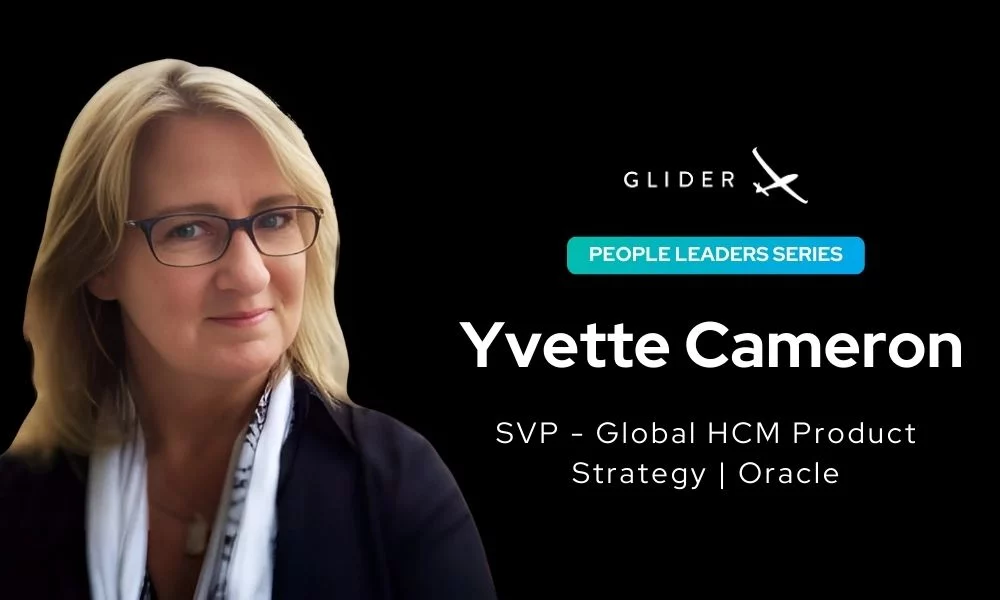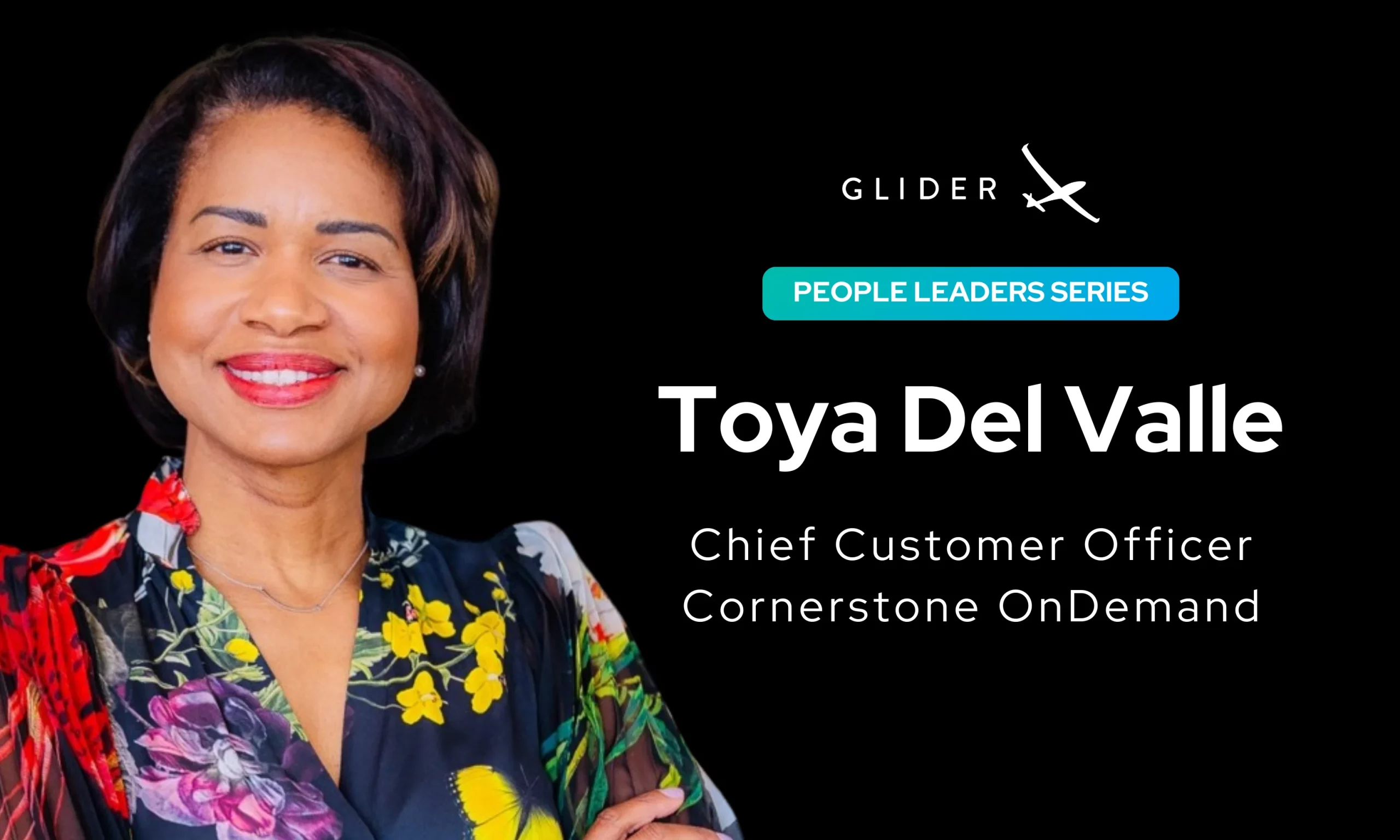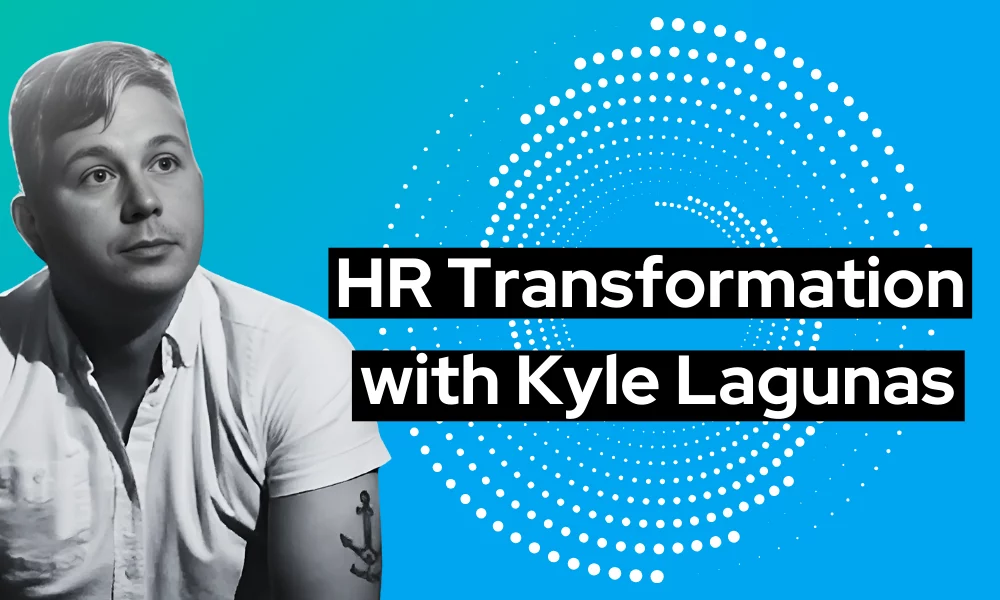
Make talent quality your leading analytic with skills-based hiring solution.

Not so long ago, two candidates applied for a tech role at ABC Inc. Candidate A was a terrific fit for the role, with skills matching all aspects of the job but had not worked at well-known companies. Candidate B wasn’t the best fit, but worked at large global enterprises and went to an IV league school.
Guess who got hired?
Candidate B!
This is one frustrating and common example of how traditional (antiquated?) hiring favors credentials over competency. Most interviews follow this process, eliminating better fit and more competent candidates because they don’t have the desired pedigree.
To become competitive, many companies have adopted a skills-based hiring strategy with data showing better culture and performance, yet the majority continue to follow a traditional hiring process.
Before we answer, let’s take a quick look at what skill-based hiring is.
“Skills-based hiring emphasizes practical, working knowledge for employees; it prioritizes what an applicant can do, rather than the education they already have. Instead of asking an applicant to list their years of experience and degree, you look for capabilities, such as reaching an expert level in Excel.” – HR Certification Institute
Gone are the days, when ‘degree inflation’ was a trend. More and more employers make their hiring decisions on candidates’ skills and abilities.
Ask Patrik Wilkens, VP of TheSoul Publishing about the trend, he says, “I want to know: does the candidate fit our culture? Can we help the candidate to grow? Can they help the company? That’s my main focus for hiring.”
According to Emsi Burning Glass report titled, ‘The Emerging Degree Reset’, there’s a sharp decline in employers asking for degrees and diplomas in job postings between 2017 and 2020.
In short, skill-based hiring is more than just hiring. The avant-garde approach spotlights a candidate’s skills and competencies instead of academic qualifications and work experience only. So, if you are looking for a candidate regardless of their work history, college degrees, or any other bias, then you are into skill-based hiring.
Skill requires a revaluation. The new definition of skill is the ability or competency that can be applied to multi domains and not limited by a job description, job function, or formal credentials as the school attended. These skills can be soft or hard skills and even technical like coding or data analytics.
Further, skill and level of competency for that skill aren’t limited to academic qualification or company experience. Today, skill can be acquired from multiple places and the pace at which new technologies evolve often make traditional hiring, based on credentials, obsolete.
What’s now critical to a skills-based hiring strategy is a way to confirm the competency, fit, interest, and integrity of a candidate. Proper evaluation of candidates, requires skill assessments:
Related read: Online coding tests for building an effective team
AI-based recruitment software companies like Glider AI have a skill-based test library that helps recruiters look for candidates who have the best basic and transferable skills that can be applied in their roles and problematic situations.
Skill-based hiring was a long overdue epiphany. When you integrate skill evaluations in candidate assessments, you get a 360 degree of a candidate’s abilities, talents, and competencies that are veiled in a resume or a job description too.
For example, there are full-stack developers hired by tech companies who do not possess a four-year college degree.
Take a look at how the skill-focused approach is better than a linear traditional approach:
Skills-based hiring doesn’t eliminate the traditional hiring process. Instead, it is a powerful add-on strategy to hire competent candidates in an ever-changing skill landscape. Recruiters can act as career coaches to determine the right skills for the right job roles and vet a competent workforce for the future.
Make sure your RSVP for the ‘Getting Started with Skills-based Hiring’ Q&A for insights on how to transform your hiring to a skills-led approach.
Happy Hiring!

Bridging the Gaps: Connecting Skills, HR, and Gen AI to Drive Transformation Glider AI sponsored an episode of Transformation Realness featuring host Kyle Lagunas and Yvette Cameron, Senior Vice President of Cloud HCM Product Strategy at Oracle. Yvette is a true force in workforce innovation, pushing the boundaries of what’s possible with skills-driven strategies, manager […]

Can HR Stop Playing Buzzword Bingo with Skills and AI? If you’re an HR or TA practitioner or work in HR Tech in any capacity, AI and Skills-Based Hiring is what everyone is talking about. The problem? All the talk is diluting the importance of two very interrelated topics. Glider AI sponsored the Transformation Realness […]

Q&A with HR/TA Analyst Kyle Lagunas The traditional playbook that was HR is being rewritten. AI is reshaping work, skills-based strategies are transforming hiring, and HR teams are under pressure to deliver more with less. HR isn’t just about managing people anymore—it’s about engineering the future of work. In this Q&A session, Kyle Lagunas and Joseph […]